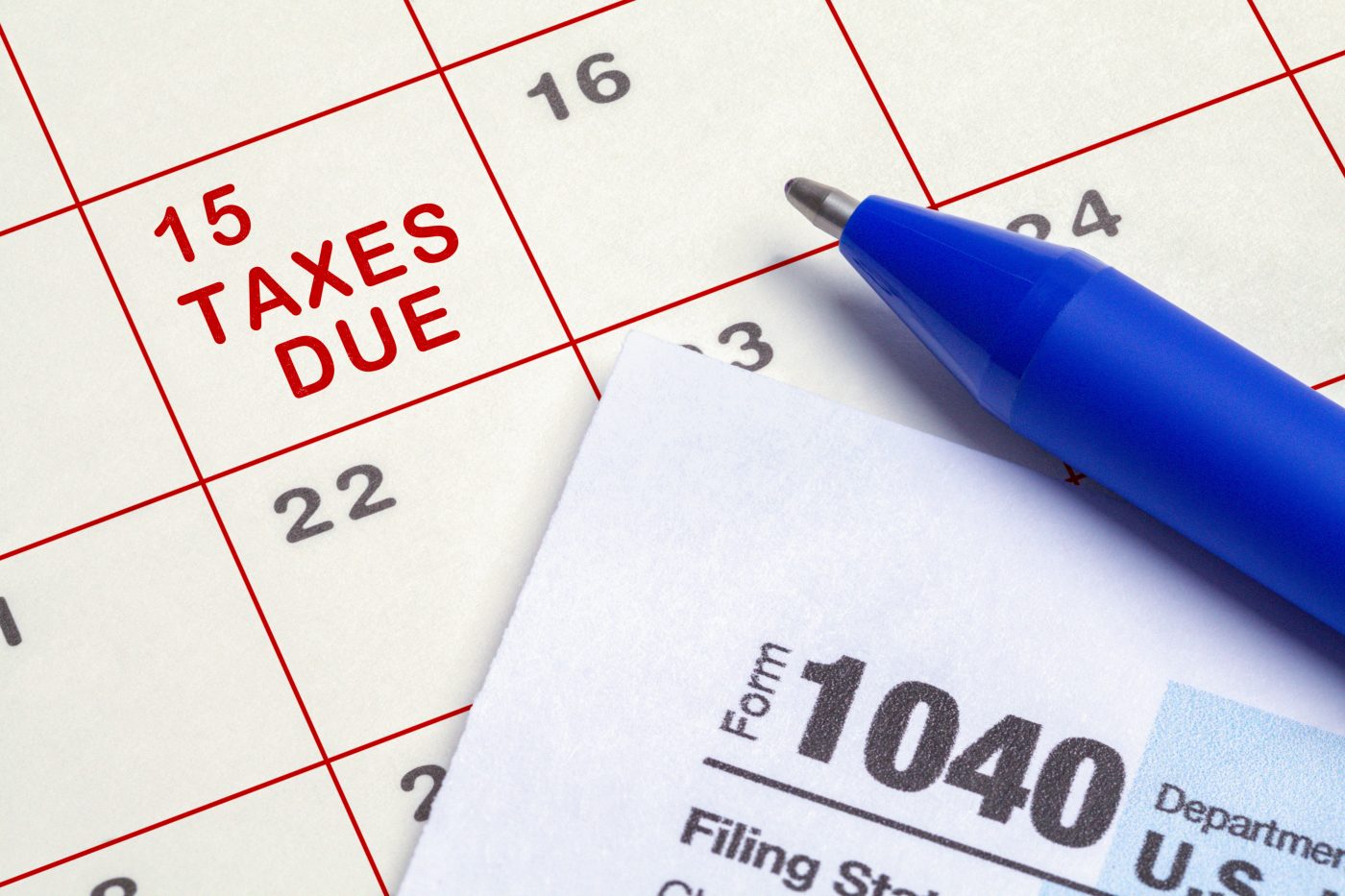If you live in Utah and want better control of your financial future, you can start by getting proactive: don’t wait until April to do your taxes! Tackling them early can have numerous benefits, from meeting major deadlines sooner and catching mistakes (that could result in penalties later) to taking advantage of available deductions.
Regardless of whether you’re an individual, a family, a retiree, or an entrepreneur planning your retirement, doing your taxes earlier is a win-win. It can help ensure both your maximum accuracy and your maximum potential tax breaks. That’s a part of what wealth financial planning is all about.
This article considers the following:
- The sooner you start, the sooner you can finish
- Check for deductions & credits you qualify for
- Increase your retirement savings rates
- Get your refund as quickly as possible
The Sooner You Start, the Sooner You Can Finish
Utah taxpayers looking to maximize their potential tax return should start early. By taking the time to prepare and keeping mindful of our state’s unique tax regulations, you can minimize errors and make your filing process faster. The more you know, the better you may be able to plan deductions, credits, and other refundable expenses.
Preparing your tax return early can also provide valuable insight into how much wealth you’ve accumulated over the year. This knowledge is useful for other financial planning opportunities, but it can also give you time to arrange your financial obligations before the deadline arrives.
Utah residents, for instance, have the opportunity to take advantage of a variety of potential refund-increasing options, such as electing to contribute to a state-approved 529 savings plan for higher education costs. At the same time, local property owners might want to seek out potential homestead exemptions to help reduce the amount you’re taxed with respect to real estate holdings.
Some Utah residents may be eligible for the Utah Earned Income Tax Credit (EITC). This deduction is available to low-income individuals who earn wages from working at a job or self-employment activity within the state. The amount of the credit depends on your income level, filing status, and the number of qualifying children in your household.
There are also several other tax incentives offered by the state of Utah that could potentially reduce your tax liability or increase your refund amount. These include things like sales tax exemptions on certain items and business tax credits.
Check for Deductions & Credits You Qualify For
Tax season can be a stressful time for Americans from coast to coast. Thankfully, one thing we can do to make the process easier is to check and see what federal deductions and credits we may qualify for. The Internal Revenue Service (IRS) offers many, so it’s well worth utilizing all that you can.
The standard deduction, for example, allows taxpayers to reduce the amount of their taxable income by a certain dollar amount. This is just the tip of the iceberg, however. BYU students will want to seek educational credits such as the American Opportunity Tax Credit (AOTC). There’s a lot that may be done through itemized deductions such as those for medical expenses or charitable contributions, as well.
Retirement savings plans offer another unique opportunity to save money on your federal income taxes and potentially build greater financial security for your golden years. For example, many taxpayers reduce their taxable income by contributing to either a pre-tax or Roth individual retirement account (IRA). This is an excellent way to take advantage of tax-deferred growth on your investments within these accounts.
Additionally, employer-based plans such as 401(k)s provide even greater upfront tax deductions for contributions. Employers often provide matching funds for employee participation, so these plans can be great for reaching your retirement goals faster. You should also keep records of all your expenses related to potential deductions. This helps ensure that you have any documentation you need when it’s time to file.
When it’s done correctly, taking advantage of these types of savings opportunities may result in larger returns; money that could go right into investing, saving, or toward paying down debt.
Want to Improve Your Business Saving, Investing, & Wealth-Building for 2023?
Increase Your Retirement Savings Rates
Many people don’t realize that increasing their withholding rate from their retirement savings can positively impact the amount of money they pay in taxes, as well. The most obvious benefit of increasing your retirement savings rate is that it reduces the amount of taxable income.

Taking advantage of this strategy can mean that more money is deposited into your retirement account each month (instead of incurring penalties associated with withdrawal fees). Over time, the additional savings can add up significantly, cutting down the amount that you wind up owing the IRS at tax time.
For those who may not have much taxable income once they’re a retiree, this approach can be something of a financial lifesaver. Another advantage is that it allows you to build your assets more quickly. By investing more during your working years, you can increase your savings faster than you might with traditional investments, alone.
Additionally, increasing your retirement savings rates can help you prepare further for unexpected life events, such as a job loss or sudden illness. When you have more funds saved in your 401(k) or IRA account, you have a greater cushion to cover unexpected costs.
Get Your Refund as Quickly as Possible
The best way to ensure that your refund arrives sooner is by filing your taxes early. Even though the deadline for filing taxes is typically April 15th, many people wait until the last minute to file. This can lead to delays in processing, so if you want to get yours earlier, make sure to file it as soon as possible.
Once you’ve filed for this year, consider getting a jump start on planning for next year’s federal income taxes, as well. Reviewing potential deductions, organizing your records, and developing a payment strategy can help you to reduce your taxable income and maximize savings (and, possibly, reduce your stress when next April comes).
Another way to get your Utah tax refund faster is by opting for direct deposit when you file. However, before you submit your return, make sure that all of the information is accurate and complete. This is especially important when the IRS publicly admits to singling out the successful for audits.
To stay on the safe side, a CERTIFIED FINANCIAL PLANNER™ in Utah can help ensure that all your tax deductions are utilized 100% correctly. Scott Marsh Financial provides financial planning in Salt Lake City, Utah, and retirement planning for high-net-worth individuals around the state. Contact us to learn more.

